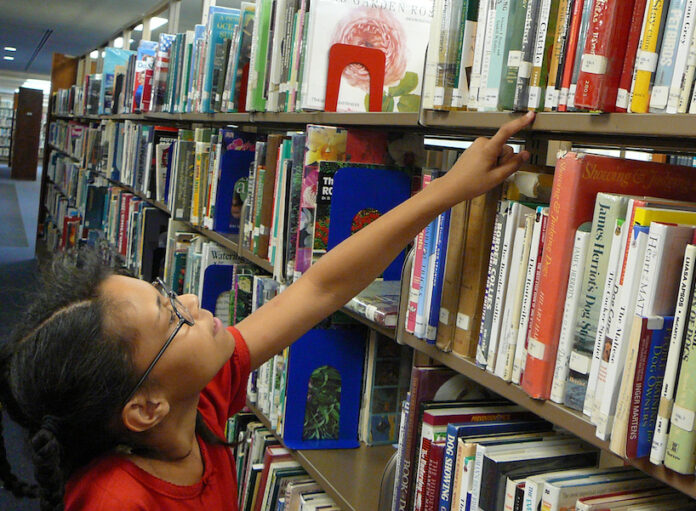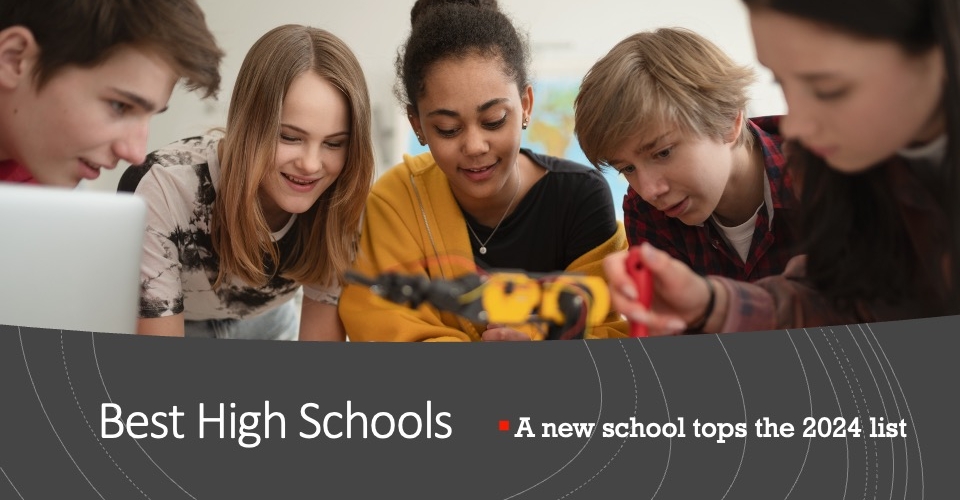Black, Hispanic, and millennial parents are leading the way in what one school choice advocacy organization calls a “once-in-a-generation realignment of K-12 education.” Over the past year, these families have been the most likely to consider moving their children to another school, according to a survey just released by the nonprofit National School Choice Awareness Foundation.
Further proof of a significant shift in attitudes is a sharp decrease in the number of parents who listed preparing their children for college as a top K12 priority. College prep, in fact, plunged to 47th—from 10th pre-COVID—on a list of parents’ top 50 education concerns, according to research by Populace, a think tank that studies the transformation of work and living.
Overall, a change of schools was contemplated by a little more than half of all parents, including 65% of Black and Hispanic parents, and 63% of parents aged 18-29 who said their main motivation was to find a better educational fit. But this does not necessarily mean that parents have lost confidence in their children’s educators—about 68% still said they are satisfied with their current schools, according to the National School Choice Awareness Foundation survey.
Still, 48% of parents lamented that their community does not offer enough education options. “For families, school choice is not about policy or politics,” said Shelby Doyle, the foundation’s vice president of public awareness. “It is about making intensely personal decisions about what works best for their individual children.”
More than 15% of parents switched their child’s school in the past year. And post-COVID, most parents—86.1%, to be precise—remain at least slightly concerned about their children’s academic progress. Two-thirds of them want more information on school choice and other education alternatives for their families, the survey found.
Here’s a breakdown of the alternatives that parents are considering:
FETC 2023
The Future of Education Technology® Conference takes place live and in person Jan. 23-26, 2023, in New Orleans. Register now!
- 46%: Traditional public schools within their neighborhoods
- 38%: Public schools outside of their districts or zones
- 32%: Public charter schools
- 29%: Private or faith-based schools
- 23%: Homeschooling
- 21%: Full-time online schooling
- 4%: Microschooling or pod learning
School choice and a crisis of confidence
Populace’s Purpose of Education Index—which asserts that about 70% of Americans are dissatisfied with the education status quo—asked parents to rank their education priorities. “Americans don’t want ‘better’—they want different,” said Todd Rose, co-founder and CEO of Populace. “They want a way out of the one-size-fits-all approach driven by standardized testing models and elite institutions making us compete in a zero-sum game, and instead an educational framework geared towards individualized learning, practical skills, and preparation for a meaningful life.”
More from DA: Are districts frugal or simply confused when it comes to ESSER spending?
Students developing practical skills—such as managing personal finances, preparing a meal and making appointments—was the No. 1 priority listed by parents who responded to Populace’s survey. Learning basic reading, writing and math skills was the No. 4 priority, while career preparation placed sixth.
Competency-based education is also becoming increasingly popular. Parents’ No. 7 priority was seeing students advance when they demonstrate mastery of a subject rather than when they pass an “arbitrary test.” Evaluating students’ abilities based on standardized tests ranked near the bottom of parents’ concerns.










